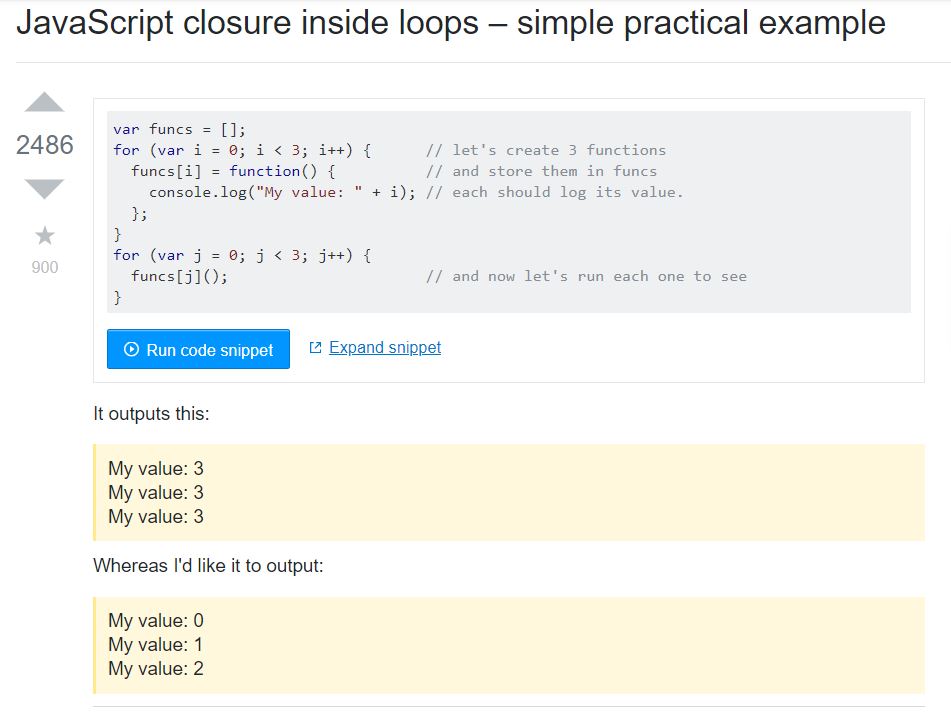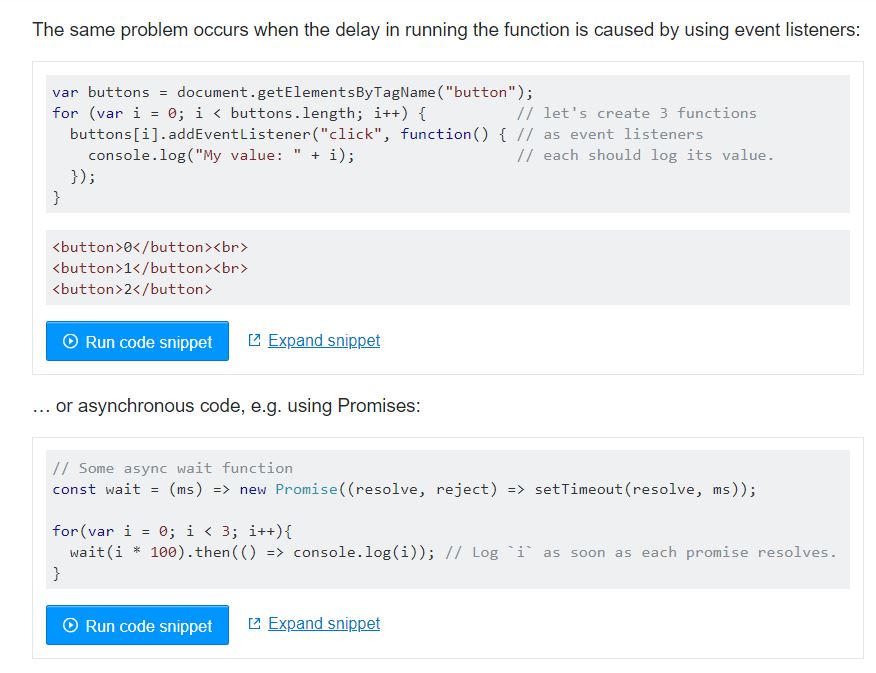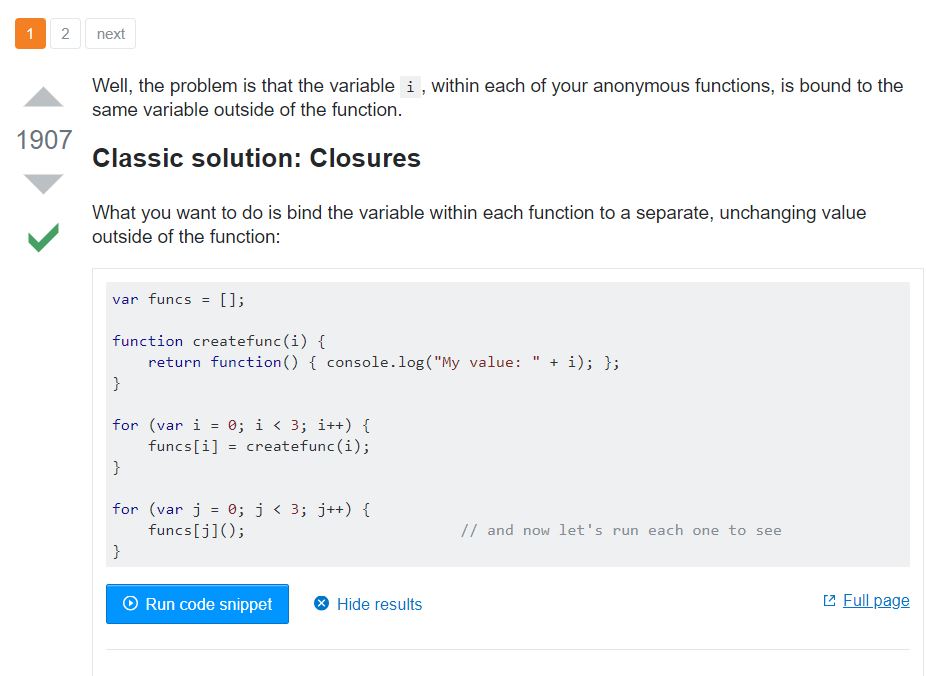Don't Be a Loser
23 Jan 2019Question Queries
We’ve all heard it before: “there are no dumb questions” the familiar call of teachers trying to encourage a response from a dead crowd. However, throughout our many years of being in school we have also all experienced on occasion an “eye-roll” provoking question. Likewise when we are online and in open source settings while collaborating with others we must be mindful of our questioning tactics.
The Smart Way
A popular site for many computer scientists is stack overflow which is an open source platform that allows contributors to work together to help and solve each others questions while also obtaining mostly helpful information. Eric Steven Raymond, which is the author of the article- How to Ask Questions the Smart Way, informs us that as we enter the open source world to attempt to expand our knowledge we may not always be greeted with open arms. This is especially true when our questions are not properly formulated or researched. In order to properly formulate our questions Raymond gives us these guidelines to follow:
- Try to find an answer by: searching the archives of the forum or mailing list that we plan to post to, searching the web, reading the manual, reading a FAQ, inspection or experimentation, asking a skilled friend, or by reading the source code.
The following is an example of a good question that was asked on Stack Overflow.

As we analyze we can see that the person asking the question has been working on this problem for a while and has done their research. This can be shown by the extensive amount of examples and experimentation that has already been done and provided. They have clearly been pondering this for a while and are ultimately stumped.
As we proceed we can see that the responses that they received were mostly constructive and helpful to the questioner. This is because they clarify the question and continue to ask questions to clear things up and in attempts to help the person in need. They also provide other sources that they have located. These are all signs that this was a decent question to ask and was not as waste of time.
The Not-So-Smart Way
Next, we encounter a bad question which is shown above. At first glance it appears to be similar to the first question that we analyzed above as it includes a snippet of code- but that is were the similarities end. We can also tell just by reading the proposed question or guidelines at the top that this is most likely not the questioners own words and are instead more similar to what we would see in an assignment.
As expected the responses to this show that the person who posted the question did very little to help themself and simply attempted the problem once without taking the time to understand where they might have gone wrong. They instead tried to get others to do the work for them and they were unsuccessful in this particular attempt. Raymond refers to these people as “time sinks” or “losers” or those who take up the time of another in order to benefit themself and give nothing back. I see this relationship as parasitic and then begs the question- what do I get out of this encounter?
Overall, when posting questions for the world to see we should always remember to be mindful of the potential viewers who may encounter them. It is important to be properly prepared and to show that you did, in fact take the time to try to solve the problem on your own first. It is also vital to make sure that you are not being a parasite or a “loser” simply wants the work done for them while they only put in a minimal amount of their own time. If this is the case it is probably best to just keep your questions to yourself or you may have to learn the hard way as some comments are not as nice as others.



